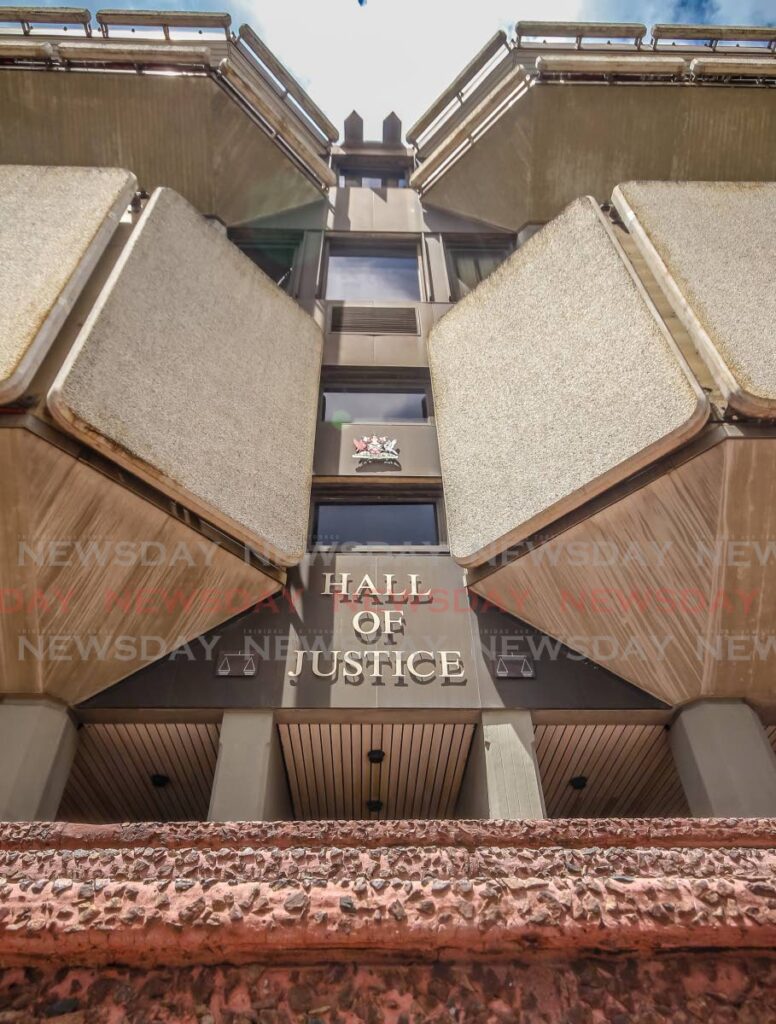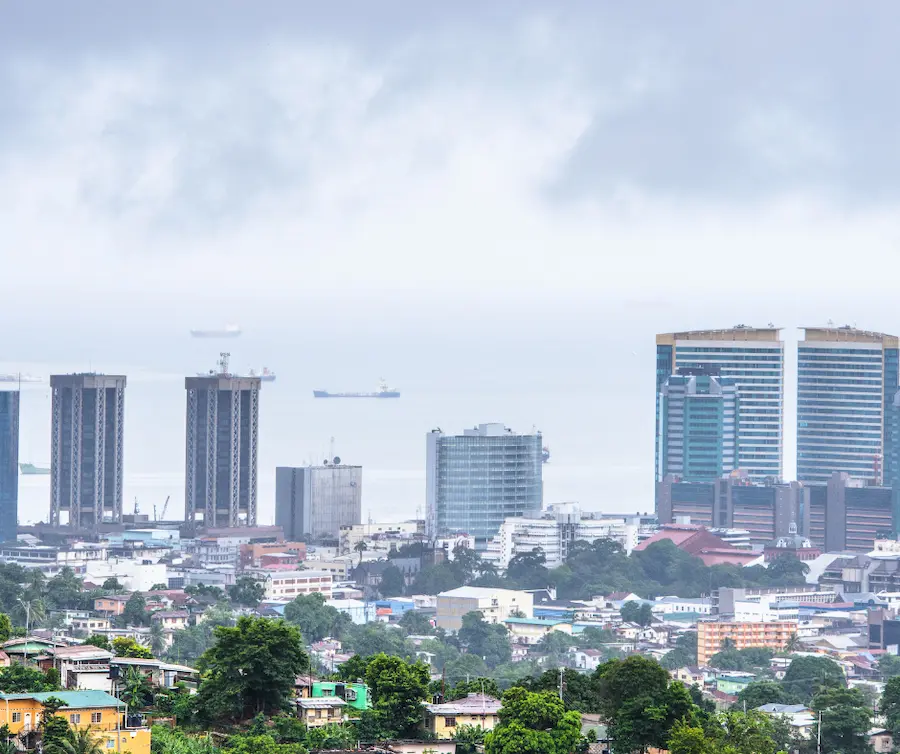

The Privy Council has upheld the Court of Appeal's decision on the right to appeal from the High Court for bail in murder cases.
In a ruling on January 14, Lords Reed, Lloyd-Jones, Hamblen, Leggatt and Lady Simler dismissed the appeal of a soldier charged with killing his two-year-old daughter and wounding her uncle in December 2017.
Two appeals on the appellate court’s jurisdiction to hear an appeal from the High Court in bail for murder cases were before the apex court.
The other was the appeal of six policemen who had been charged with the murders of three Moruga friends but they were eventually acquitted rendering their appeal moot.
Kerros Martin was refused bail by the High Court in June 2022. This application followed the landmark ruling of the Court of Appeal which held that the 1994 Bail Act was unconstitutional and paved the way for bail to be granted to individuals charged with murder.
>
The 1994 act was amended in 2024 and it permits a judge or master of the High Court to grant bail to an individual charged with murder where they can show “exceptional circumstances” to justify the granting of bail. It also introduced a right of appeal to the Court of Appeal where a person is refused or granted bail by a judge of the High Court.
Martin’s appeal for bail was dismissed by the appellate court in May 2023, and he appealed to the Privy Council.
Although the law lords ruled on the merits of Martin's appeal, they noted that the Bail (Amendment) Act of 2024, established a new regime for bail applications, including a statutory right of appeal, but its retrospective application remains unresolved.
“Given that the 2024 act confers a new right to apply to the High Court for bail, with a right of appeal, which is equally available to those who applied for bail before the 2024 act came into force as to those who had not done so, it is difficult to discern the need or justification for construing the act in the retrospective manner contended for.”
Lord Hamblen, who wrote the decision, also agreed with submissions from the State’s lead attorney, Rishi Dass, SC, that the High Court had not determined if Martin had met the test of “exceptional circumstances” to justify a grant of bail.
Hamblen noted, “The 2024 act creates a new and different regime governing the grant of bail in murder cases.
“In circumstances where the matter has not been considered or addressed by the Court of Appeal, it would not be appropriate for the board to do so.”
In ruling on the merits of the arguments in Martin’s appeal, Lord Hamblen held that the Court of Appeal, under the 1994 act, lacked the jurisdiction under the Constitution to hear appeals from High Court bail decisions for murder charges.
It was argued by Martin’s lead attorney Anand Ramlogan, SC, that section 108(c) of the Constitution provided a right of appeal from the High Court. The argument was supported by the Law Association, led by Douglas Mendes, SC.
>
The Privy Council rejected the section 108(c) argument, saying, “Despite the able presentation of their submissions by Mr Ramlogan and Mr Mendes, the Board is unable to accept them.”
Lord Hamblen gave six reasons for not accepting them.
He noted that the section applied to decisions involving constitutional questions, not routine judicial determinations like bail decisions and the appellant’s interpretation would improperly extend constitutional appeal rights to numerous routine cases.
He also noted that the framers of the Constitution could not intend for ordinary decisions in civil or criminal cases to create automatic rights of appeal to higher courts.
“If, for present purposes, one regards the rights under section 4(a) (which includes the right to property) as being free-standing then there will be very many civil and criminal proceedings which impact them. “There will also be very many cases where the jurisdiction to determine such cases lies with the High Court.
“On the appellants’ case, in all such proceedings, the Constitution is conferring a right of appeal.
“...It is improbable that a purpose of the Constitution is to ensure a right of appeal to the Privy Council in sentencing or indeed bail application cases.”
Also appearing for the state was Sasha Sukhram. UK attorney Kate Temple-Made and Mohammud Jaamae Hafeez-Baig appeared with Ramlogan for Martin and Peter Carter and Lindsay Webb appeared with Mendes for the Law Association.
In a release, the Ministry of the Attorney General and Legal Affairs said the ruling established there is no separate constitutional jurisdiction for the Court of Appeal to entertain such appeals.
>
"The right of appeal on murder charges is limited to that which is provided under the Bail Act, as amended in 2024 to require the applicant for bail to show exceptional circumstances.
"The Bail (Amendment) Act, 2024 significantly enhanced judicial oversight in bail processes for serious offences, particularly murder, by allowing applications under strict conditions, enabling appeals on bail decisions and imposing stricter restrictions for repeat offenders and those involved with firearms."


